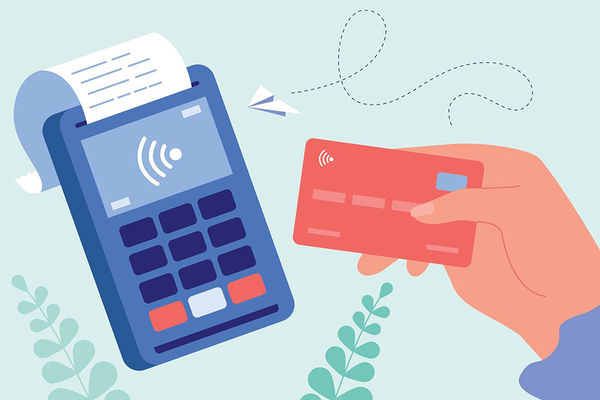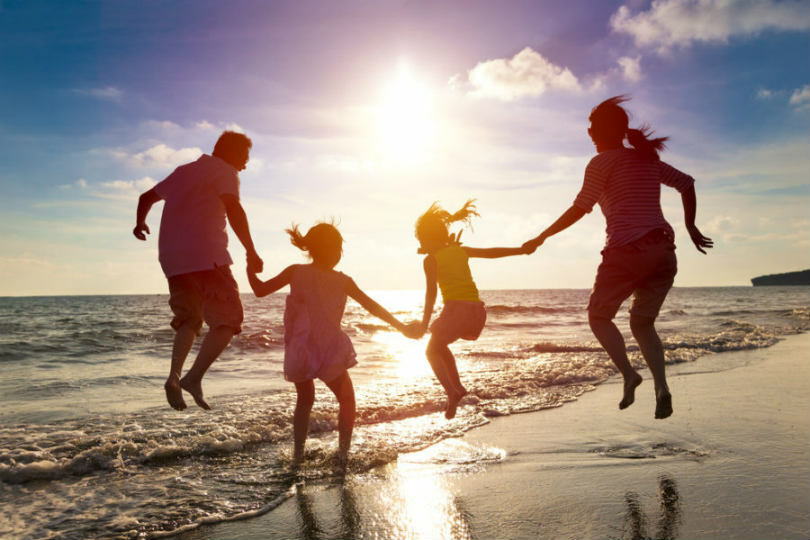Travel remains top consumer spending priority heading into spring – Barclays
Spending with both agents and airlines is continuing to increase year-on-year heading into the spring with more and more consumers choosing to prioritise travel over other areas of non-essential spending, although there is evidence to suggest prices – and margins – could be falling ahead of the summer.
Consumer spending on travel grew by 7.8% year-on-year in March according to new monthly figures published by Barclays on Tuesday (9 April), which compare spending over a five-week period in February and March this year against last year.
Total travel transactions, meanwhile, increased by 8.6% over the same period, highlighting faster growth in the number of transactions than the actual amount being spent – a trend that applies to the two main travel sectors tracked by Barclays, agents and airlines.
Spend with airlines increased by 9.7% during the period from 17 February 2024 to 22 March 2024 compared with the period from 18 February 2023 to 24 March 2023, while total transactions grew by 13.4%.
The disparity was even more pronounced among agents, who saw a 7.1% increase in spending over the same period – below the rate for travel as a whole (7.8%) – yet growth in transactions of 13.4%
Hotels, resorts and accommodation, however, bucked this trend, with spending growing by 1% year-on-year over the mid-February to late-March reporting period, while total transactions went down by 1%.
Spending on travel has, though, continued to outpace all other sectors with the exception of "other services" (+8.4%) – and the industry continues to fare better than other hospitality and leisure sectors such as eating and drinking (+2.6% year-on-year), entertainment (+3.1% year-on-year) and digital content and subscription (+7.7% year-on-year).
By contrast, spending in some other areas fell year-on-year such as on clothing (-1.8%) and household (-5.2%).
Travel’s spend growth (7.8%) was almost five times higher than non-essential spending as a whole (1.6%) and more than three times higher than essential spending (2.4%). Growth in travel transactions (8.6%) is also higher than growth in both non-essential transactions (2.6%) and essential transactions (2.3%)
"The wet weather has been a key factor in the slowdown in discretionary spending, as it’s meant fewer visits to the high street and to hospitality venues,” said Barclays head of retail Karen Johnson.
Mark Arnold, Barclays’ head of saving and mortgages, said non-essential spending was "still reeling" from last year’s spike in housing costs, which he said resulted in both homeowners and renters "cutting back while looking for additional sources of income", plus delaying renovations and renting out spare rooms.
Accompanying consumer research by Barclays also revealed more people were engaging in so-called "no-spend" challenges, which Barclays said came to the fore earlier this year via TikTok, whereby people are encouraged to prioritise essential spending over non-essential.
A poll of 2,000 UK adults carried out over 22-26 March for Barclays by Opinium Research found that nearly one in four Brits (23%) have participated, or would consider participating, in such challenges.
Arnold, though, stressed there were reasons to be optimistic. "Our data shows housing costs are stabilising, the inflationary tide is easing, and interest rates are predicted to fall over the coming months, all of which should translate into increased consumer confidence and spending.”
Johnson added: “In spite of this initial lull, many retailers are confident spending will rebound in the coming months, particularly in anticipation of better weather, the energy price cap drop, an uplift in the National Minimum Wage, and the buzz around major events such as Taylor Swift’s Eras Tour and the Paris 2024 Olympics."
Sign up for weekday travel news and analysis straight to your inbox

Ilaria Grasso Macola
Supplier Directory
Find contacts for 260+ travel suppliers. Type name, company or destination.















